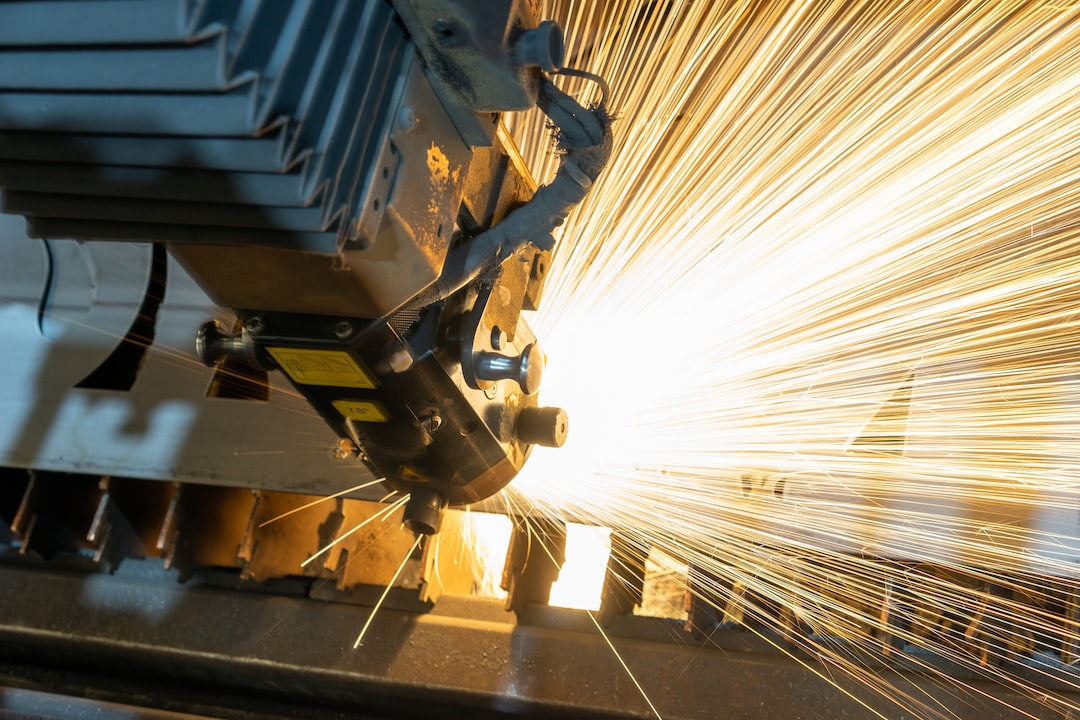The manufacturing industry has witnessed significant advancements in technology over the years, resulting in increased efficiency and productivity. One crucial aspect of manufacturing that has greatly benefited from these advancements is quality control. With the integration of advanced technologies, manufacturers can now enhance their quality control processes, ensuring that products meet the highest standards. In this blog post, we will explore some of the ways advanced technologies are revolutionizing quality control in manufacturing.
One of the most significant advancements in quality control is the use of artificial intelligence (AI). AI algorithms can analyze massive amounts of data and identify patterns that might be missed by human inspection. This technology is particularly useful when it comes to detecting defects in products. By analyzing images or sensor data, AI-powered systems can identify even the tiniest imperfections, enabling manufacturers to detect and fix quality issues early in the production process. This not only saves time and resources but also ensures that only products of the highest quality are delivered to customers.
Another technology that is enhancing quality control in manufacturing is the Internet of Things (IoT). IoT devices, such as sensors and smart machines, can collect real-time data throughout the manufacturing process. This data can be analyzed to identify potential quality issues and provide actionable insights to improve processes. For example, sensors can monitor temperature, humidity, or pressure during production, allowing manufacturers to make adjustments in real-time to prevent defects. IoT-enabled devices can also track products throughout the supply chain, providing valuable information about their journey and ensuring quality is maintained from production to delivery.
Additionally, advanced robotics is transforming quality control in manufacturing. Robots equipped with high-resolution cameras and sensors can perform intricate inspections more accurately and efficiently than humans. These robots can carry out repetitive tasks with precision, reducing the risk of errors. For instance, they can detect flaws in products by scanning them from multiple angles, ensuring thorough inspection. By automating quality control processes, manufacturers can achieve consistent and reliable results, ultimately improving product quality and customer satisfaction.
Furthermore, advanced analytics and data visualization tools are empowering manufacturers to gain deeper insights into their quality control processes. By analyzing quality data collected from various sources, manufacturers can identify trends, correlations, and root causes of defects. This allows them to make data-driven decisions to optimize their processes and prevent quality issues from occurring in the first place. Data visualization tools enable manufacturers to present complex quality data in a visually appealing and understandable manner, facilitating communication and collaboration among different stakeholders.
Moreover, the integration of augmented reality (AR) in quality control is revolutionizing inspection processes. AR technology overlays digital information, such as 3D models and annotations, onto the physical world, providing workers with real-time guidance during inspections. For example, inspectors wearing AR glasses can see virtual visual cues highlighting potential defects or guiding them through the inspection process. This technology enhances the accuracy and efficiency of inspections, reducing the likelihood of human errors. AR also enables remote collaboration, allowing experts to guide on-site inspectors remotely, thereby leveraging expertise from anywhere in the world.
Lastly, blockchain technology is emerging as a powerful tool for enhancing quality control in manufacturing. By utilizing blockchain, manufacturers can create a transparent and immutable record of each product’s entire manufacturing and supply chain history. This ensures traceability and accountability, making it easier to identify the source of quality issues and take appropriate actions. Blockchain also enhances trust among stakeholders, as every participant can verify the authenticity and integrity of the data recorded on the blockchain, preventing fraudulent or counterfeit products from entering the market.
In conclusion, advanced technologies are transforming the landscape of quality control in manufacturing. From AI and IoT to robotics and blockchain, these technologies offer immense potential to enhance product quality, streamline processes, and improve customer satisfaction. By embracing these technologies, manufacturers can stay ahead of the competition, reduce costs, minimize defects, and deliver products that meet the highest standards. The future of quality control in manufacturing is undoubtedly bright, and embracing advanced technologies is the key to achieving excellence in product quality.

